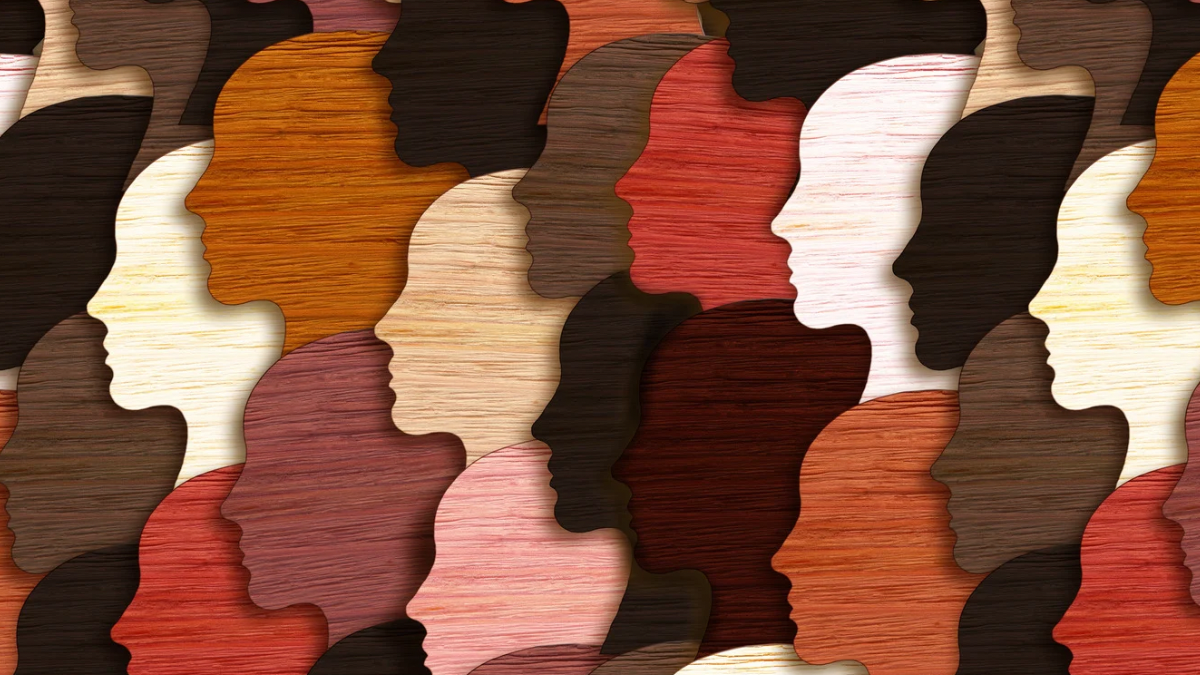
South Asian Heritage Month: My big fat identity crisis
July 1, 2024
The progress of South Asian Lawyers So Far
July 4, 2024By Aayla Qureshi.
Reading time: four minutes
This article explores the ways in which marginalised groups have experienced a lack of representation in the legal sector, and the immediate impacts following this. It also discusses the significance of celebrating South Asian heritage month and its significance within the legal community.
Background
In 2020, the Ethnic Minority Lawyers Division (EMLD) produced collaborative research with the Law Society, shedding light upon the experiences of Black and ethnic minority solicitors. Results produced from data insights and desk analysis led to the EMLD stating that whilst companies are attempting to increase diversity, change is being achieved at a very slow rate. Consequently, lower representation of Asian and minority workers has led to solicitors reporting lower levels of wellbeing in the legal sector, compared to White colleagues.
Feelings of isolation have forced many to step away from their demanding careers due to a decline in their mental health. With slower career development, research participants reported experiencing acts of ethnic micro aggression, including remarks about cultural stereotypes. Hence, the culture of the legal industry often lacks inclusion and has produced entry barriers for Black, Asian, and minority ethnic groups. This has led to an absence of role models, resulting in slower retention rates for minority ethnic solicitors in larger firms, as many leave to join inclusive industries that celebrate difference.
A new report released this year by diversity specialist Rare revealed the barriers faced by Bangladeshi and Pakistani applicants in UK law firms. Its findings show that these candidates areunderrepresented at the offer stage despite being well represented in the application pool. Cultural and religious barriers, such as the prevalent drinking culture and lack of support for religious practices, create discomfort and isolation. Additionally, the absence of senior role models from similar backgrounds exacerbates these challenges.
Read this article to learn the importance of cultural competence: https://thestudentlawyer.com/2024/03/30/the-importance-of-cultural-competence/
Statistics
The SRA produces data every two years from law firms established in Wales and England – most recently from 2021. With it representing more than 186,000 people in over 9,000 firms, these highlight a small increase in diversity – but reinforce how the “legal sector does not yet reflect larger society,” according to Tara Davidson, Traver Smith’s graduate recruitment manager.
Read this article to find out how Al can contribute to creating a more diverse and inclusive legal landscape: https://thestudentlawyer.com/2024/03/11/the-role-of-ai-in-reshaping-diversity-and-inclusivity-in-the-legal-profession/
Whilst 78% lawyers are White, 18% are Asian, Black or from minority ethnic groups – a 1% rise from statistics produced in 2019. This underrepresentation of Black, Asian and minority ethnic solicitors in large law firms is reinforced by the ethnicity pay gap; The Law Society’s ‘2020 Race for Inclusion Research Report’ highlighted how they are earning less and therefore hold fewer senior roles, averaging 25% less than their White counterparts income.
A closer look at gender
The Aura Network was launched in 2023, by Sarah Khan-Bashir MBE, aimed at empowering South Asian women. Identifying the lack of South Asian role models in the legal profession, she realised articles only spoke about White female being successful lawyers. Concerned that it promoted thriving rofessionals “appearing a certain way only,” she shared these observations which received positive responses from powerful female solicitors.
Launching its first event at the House of Lords, The Aura Network saw many key legal figure attendees such as the first Muslim and Asian Law Society president, Lubna Shuja. Encouraging lawyers to share their experiences, Shuja sat at a panel discussion called, ‘South Asian women game-changers in the law.’ Sitting alongside former CPS solicitor Baroness Sayeeda Warsi, as well as Baronesss Shaista Gohir, they considered personal challenges that South Asian women face in the legal profession and the necessary steps to tackle them. The event promoted the idea of an increasingly diverse and global legal market with more South Asian women being recognised. With future talks of partnering with the University of Law, it inspires development opportunities and recognition for South Asian women.
Read this article on the challenges of pursuing a career at the Bar, as a woman: https://thestudentlawyer.com/2023/12/19/representation-matters/
South Asian heritage month 2024
South Asian Heritage Month is celebrated from 18 July until 17 August and acknowledges the contributions that these communities have made in the UK, whilst also encouraging an appreciation of South Asian culture. Though there is an increase in the diversity of the legal community, the undeniable under representation and lack of diverse voices in senior positions emphasises how this month is both a reminder to celebrate different roots working together to change the trajectory of the future. Such celebrations encourage the legal community to transgress the idea of ‘assimilation’ and aim further, instead, by promoting the concept of hiring based on merit and capability; this encourages legal communities to embrace culture differences, void of prejudices, and use them to shape current policies and narratives that effect our future.
Read this article to find out about the impact of SAHM on diversity and inclusion within the legal profession: https://thestudentlawyer.com/2024/07/01/south-asian-heritage-month-2024-the-impact-on-diversity-and-inclusion/
Finally
Embracing different cultures and lifestyles is imperative to the inner workings of an effective and efficient legal community. Though there is still work to be done, recognising and celebrating these cultural differences within a community paves way for a more hopeful and inclusive environment in which Black, Asian and minority ethnic solicitors and lawyers can equally prosper amongst their White counterparts.





